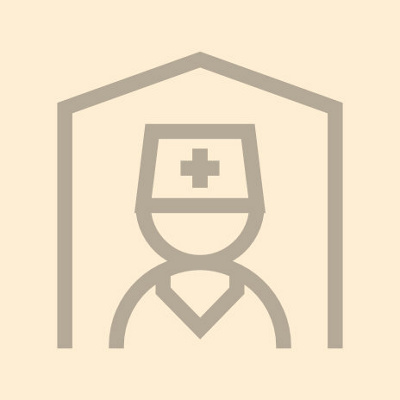Feeling dazed after a head injury? A Mediclinic neuropsychologist explains what symptoms to watch out for – and when to seek emergency medical care after suffering a concussion.
While some concussions are self-limiting (meaning they heal without medical intervention), a patient will usually heal faster if they take appropriate steps to minimise the injury. There are also signs to watch out for – these may indicate that something more serious is happening after a head injury.
Dr Katie Hamilton, a neuropsychologist at Mediclinic Morningside, says concussion occurs when the force from a head injury causes the brain to accelerate or decelerate rapidly. This sudden movement can cause the brain to bounce around or twist in the skull, creating chemical changes in the brain and sometimes stretching and damaging brain cells. “Your brain is not designed to shake,”“ says Dr Hamilton. “As the brain ricochets back it can cause bruising – and the insulation around the brain cells can get damaged.”
What causes concussion?
Contact incidents in sports such as rugby, boxing or wrestling are common causes of concussion. The effect of sudden hard impact to the head during a tackle or in a scrum can violently jolt the brain, causing bruising, damage to the blood vessels and injury to the nerves. Motor vehicle accidents, falls and blows to the head can also result in concussion.
What are the symptoms of concussion?
“Common symptoms of concussion can include feeling dazed, headaches, slow thinking (as if your thoughts are moving through syrup), struggling to concentrate, distractibility, fatigue, irritability and tearfulness,” says Dr Hamilton. “Some patients also complain about memory issues. “Less common symptoms include balance issues, which point to vestibular damage.” The vestibular system includes the parts of the inner ear and brain that process the sensory information involved with controlling balance and eye movements. “If the neurons that regulate balance get affected from the force of the head injury, a patient might experience ongoing vertigo and nausea, while chemical changes in the brain also result in sensitivity to light and noise and feelings of anxiety and irritability.”
How is concussion treated?
“Your brain is the organ that uses the most oxygen and glucose – which is now required for repair work,” says Dr Hamilton. “We recommend fatigue management after someone has suffered concussion – where the patient is encouraged to balance rest with stimulation. Down-regulating activities such as meditation and gardening can assist.” Avoiding contact sports for the near future is also key.
When is it an emergency?
“If the patient is feeling confused, vomiting, and experiencing light sensitivity, it is crucial to get to a Mediclinic Emergency Centre as soon as possible,” Dr Hamilton says. “Concussion is not easily diagnosed via an MRI but these symptoms may suggest swelling of the brain. It is a myth that you need to suffer the loss of consciousness for a concussion to be serious.”
In other words, the physical damage from concussion is so subtle that even the most advanced medical imaging techniques have difficulty “seeing” it, and because less than 10% of concussions result in loss of consciousness, experts now agree that the best way to test for concussion is to test brain function after the suspected injury.
What is secondary concussion?
One of the biggest dangers with concussion is that the condition is unrecognised and the brain is not given the time and treatment to recover. In the worst-case scenario, another blow is received before recovery, exponentially worsening the initial injury. “The second impact will have a far greater impact,” Dr Hamilton explains. “The patient runs the risk of pressure increasing in the brain, which is a restricted space. This can then push down into the brain stem at the base of the spine. This is where breathing, blood pressure and body temperature is regulated, and herniation in this area can be fatal.”
Further publications on the topic
Doctors 1


